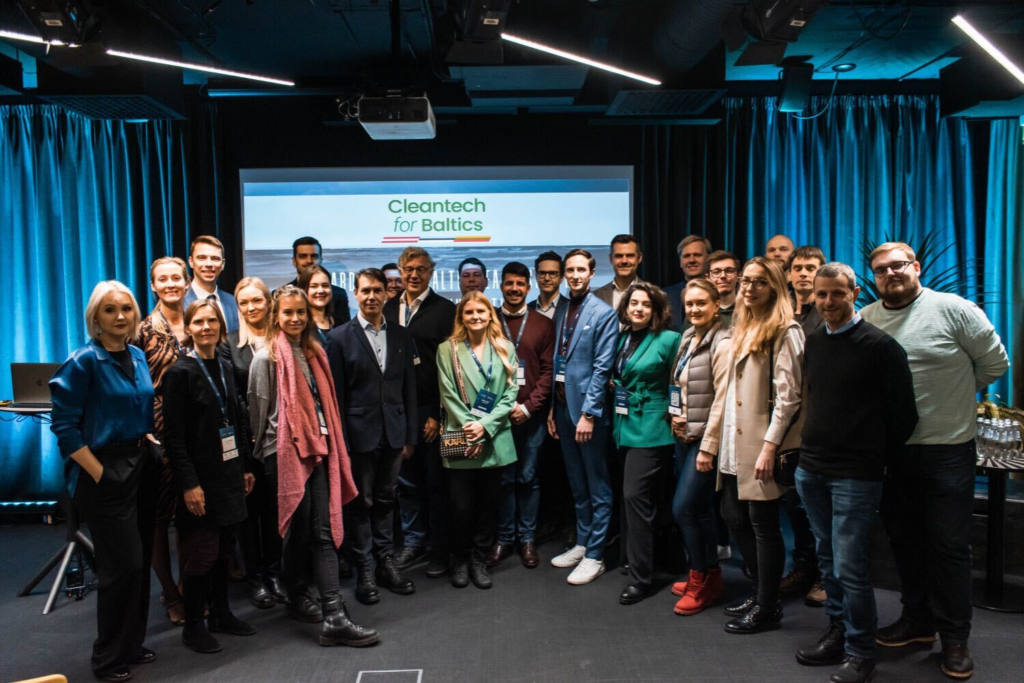- In a few sentences, how would you describe your solution to someone outside the solar tech world?
PVcase is a leading software company transforming the development of large-scale ground-mounted and rooftop solar projects. Our platform accelerates and simplifies the identification of optimal land and the engineering of solar power plants. In essence, we help companies find the best locations and efficient installation methods for solar panels, maximizing energy output on land and rooftops.
- What trends in the solar or clean energy tech space are you most excited about?
A major trend we closely follow is the constant innovation and rising technological complexity in solar project development. This includes the broader use of single-axis trackers that follow the sun’s movement, bifacial solar modules that harvest sunlight from both sides, and the scaling up of solar power plants to achieve cost efficiencies.
We’re also excited about the fast-growing battery energy storage systems (BESS) market. Batteries, whether standalone or integrated into hybrid solar-plus-storage projects, significantly enhance grid performance and the economic viability of solar projects. This growth aligns with our recent launch of BESS-focused features, helping many clients transition from solar-only to hybrid solutions.
Another important trend is the increasing emphasis on data and cross-industry data sharing. Data related to development, performance, weather, and grid reliability is critical but often fragmented. Our platform integrates these stages into a unified system, enabling better decisions, reducing risk through foresight, and streamlining workflows.
- What role does policy, whether regional, national, or international, play in shaping your work? Are there any recent developments that have had a significant impact?
Policy plays a pivotal role in the energy sector – it can either drive growth or present significant barriers. Europe and the U.S., two of our key markets, are currently on diverging paths.
In Europe, stable and forward-thinking regulatory frameworks like the EU’s Fit for 55 and REPowerEU initiatives are enabling long-term planning and investment. These policies send a clear signal that encourages innovation, attracts investors, and supports steady growth in renewables, which often spans 50 years in project lifetime.
Conversely, after years of leading the clean energy charge, the U.S. is showing signs of retrenchment. The Inflation Reduction Act (IRA), a crucial driver of recent solar market growth through tax incentives and subsidies, is under review. According to the Solar Energy Industry Association (SEIA), by 2028, the Reconciliation Bill as it currently stands, could cost 236,000 jobs in construction, development, distribution, and O&M for solar. This will slow down momentum in the USA, weaken investor confidence, and reduce the supply of clean electricity required to meet growing electricity demand, notbaly from AI data centers.
- How is the growing demand for AI-driven energy optimization shaping innovation in solar design software?
The rising demand for AI-driven energy optimization is a dual opportunity for PVcase, driving market demand and opening new product avenues.
As energy consumption from data centers and AI technologies surges, the demand for cost-effective renewable electricity grows. This trend already fuels additional solar capacity development globally.
From a product standpoint, AI is a game-changer. Though still in early adoption stages in solar, we have already integrated AI across our platform. Looking ahead, AI could further streamline project development workflows, boosting both efficiency and accuracy across the entire lifecycle.
- What’s next for PVcase?
We recently unveiled our new brand identity and reinforced market positioning that underscores our commitment to providing a comprehensive, end-to-end solution for solar project development.
This rebrand is more than a cosmetic change and represents a new chapter in PVcase’s history with a renewed mission: to optimize solar development projects with one powerful platform. Because when more projects succeed, the solar industry thrives – and so does our planet.
This interview is part of our ongoing series spotlighting Cleantech for Baltics coalition members to offer bite-sized insights from Baltic cleantech sector innovators. Click here to read our previous interview with Raivis Nikitins from Latvia’s Naco Technologies.









